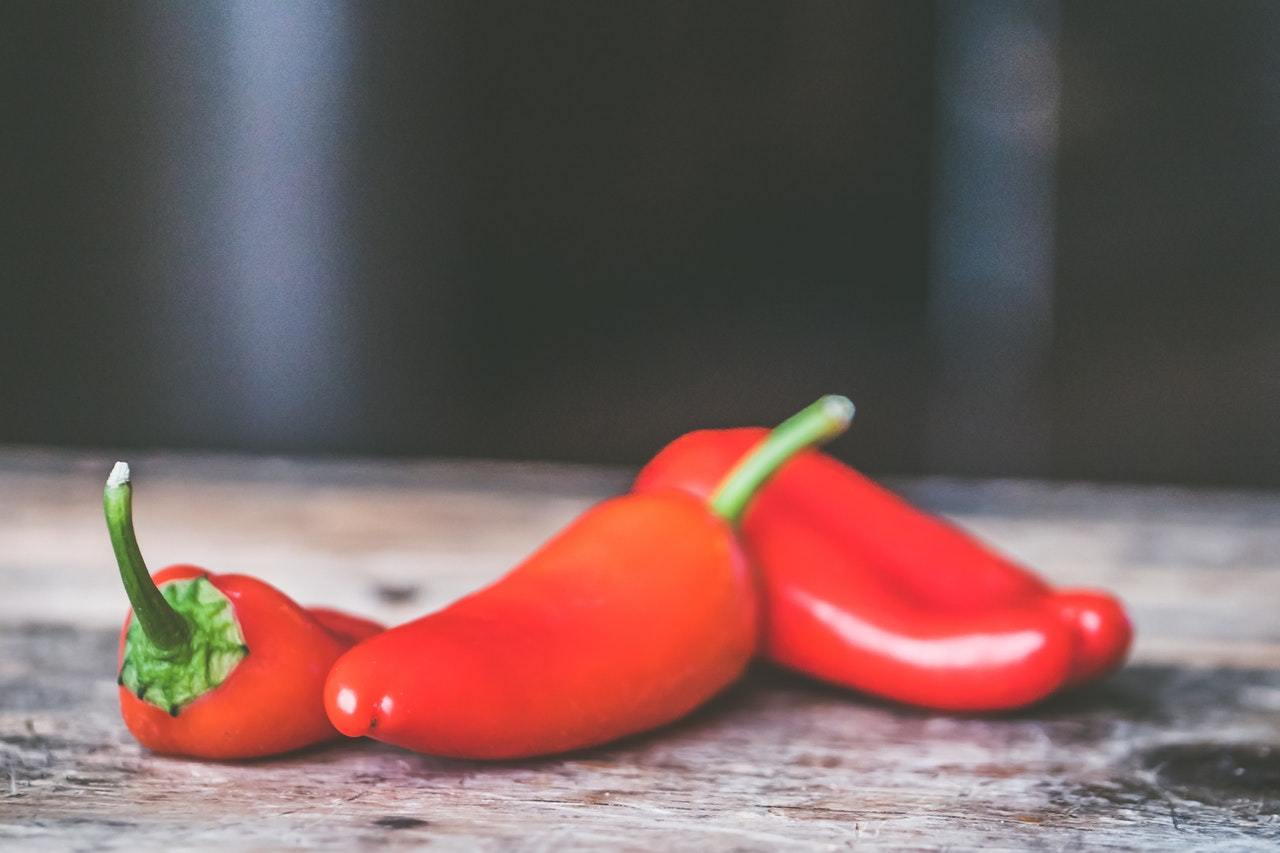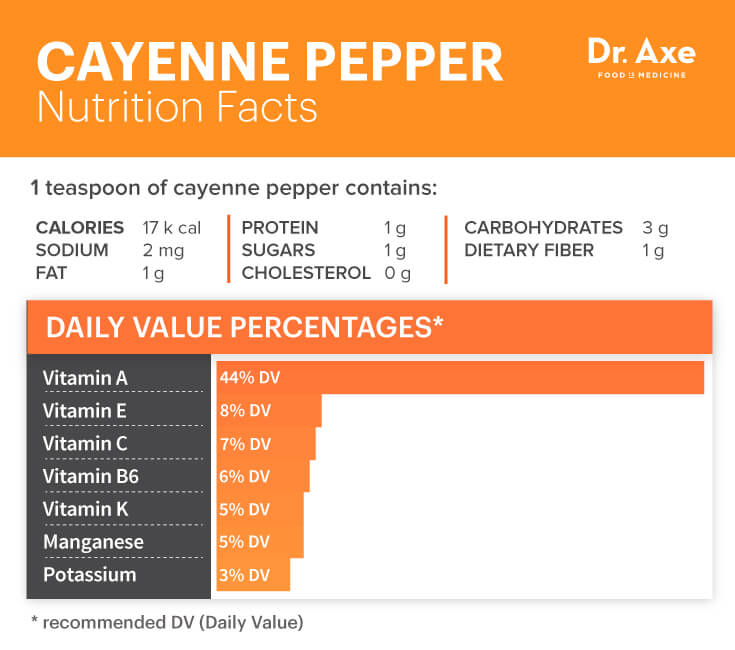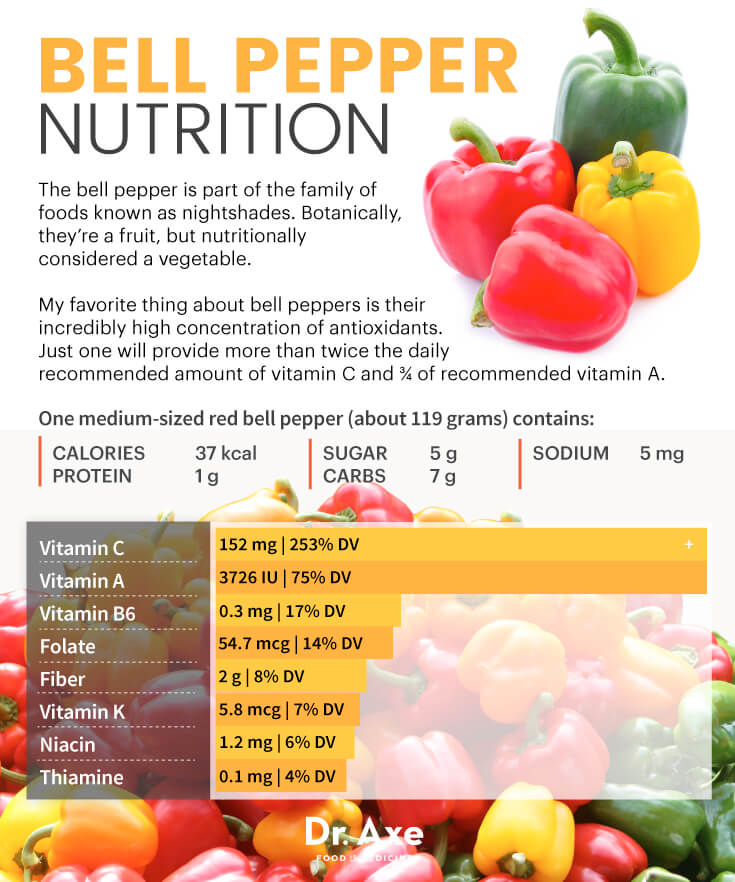Hopefully this chart can spark some more knowledgeable conversations on the effects of capsaicin on our bodies.
This brief overview should make it clear that dietary capsaicin—and, likely to a more limited degree, non-pungent capsiate—has intriguing potential for health promotion. Rodent studies suggest that capsaicin may merit clinical evaluation with respect to endothelial function, progression of atherosclerosis (most notably in diabetics), angina, non-alcoholic fatty liver disease, cardiac hypertrophy, metabolic syndrome, hypertension, obesity and gastric ulceration. (See table 1 for a summary of these potential benefits and the mechanisms that may underlie them.) In addition to the many studies assessing capsaicin’s impact on metabolic rate and adiposity, the trial of topical capsaicin in patients with angina, and the studies documenting capsaicin’s gastroprotective effects, represent initial efforts in this regard. A study examining endothelium-dependent vasodilation in diabetics might be particularly useful, as a systemically adequate dose of capsaicin could be expected to have a notably favourable impact on this parameter. Assessment of the dose-dependency of this effect could provide useful insight into capsaicin clinical dosage schedules which could provide systemic metabolic benefits. Both oral and topical application of capsaicin could be tested in this regard. The rodent literature is sufficiently intriguing that serious efforts to evaluate the feasibility of capsaicin administration as a clinical or lifestyle strategy appear to be warranted. However, owing to the fact that TRPV1 receptors are expressed on a wide range of tissues, the possibility that high-dose capsaicin might exert unanticipated or unwanted physiological effects should be borne in mind.







